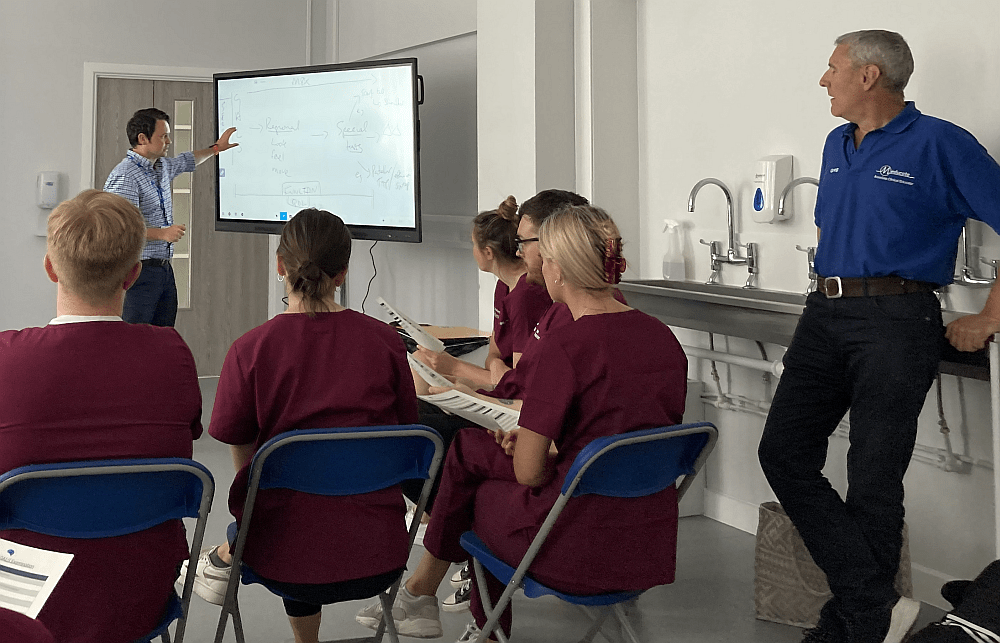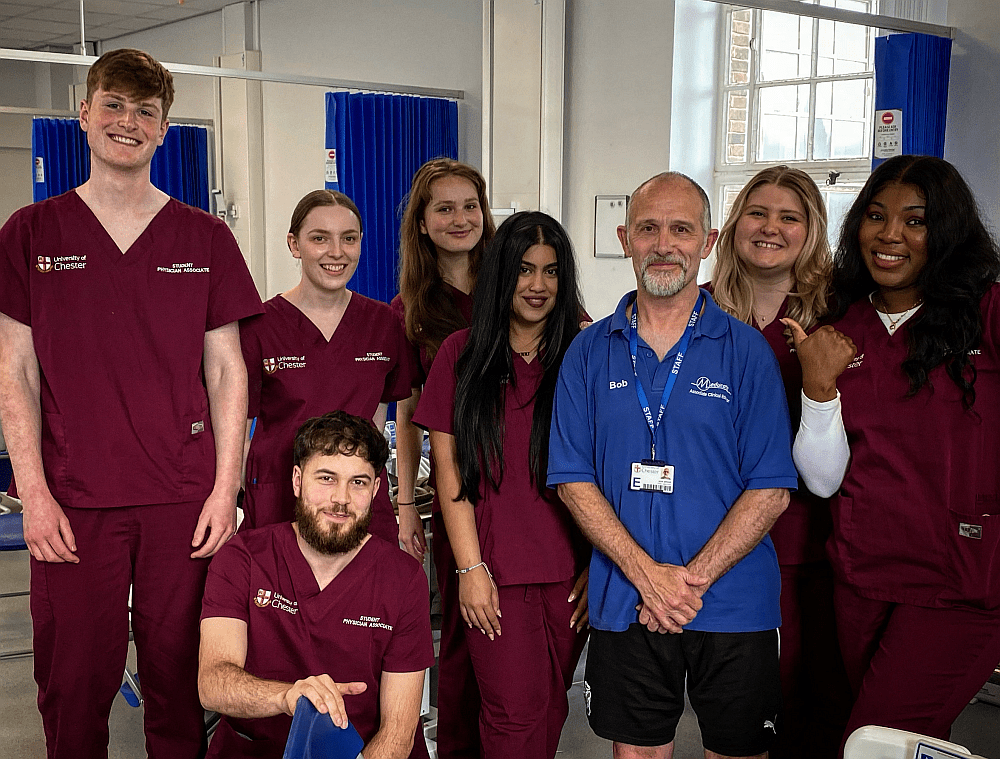The Perils of Certainty in Medical Education: How Rigidity Stifles Creativity, Innovation, and Open-Mindedness
Medicine has always carried an expectation of certainty. Patients seek definitive answers. Protocols demand precise execution. Medical education, unsurprisingly, has evolved to mirror these demands—placing emphasis on established knowledge, standardized…


